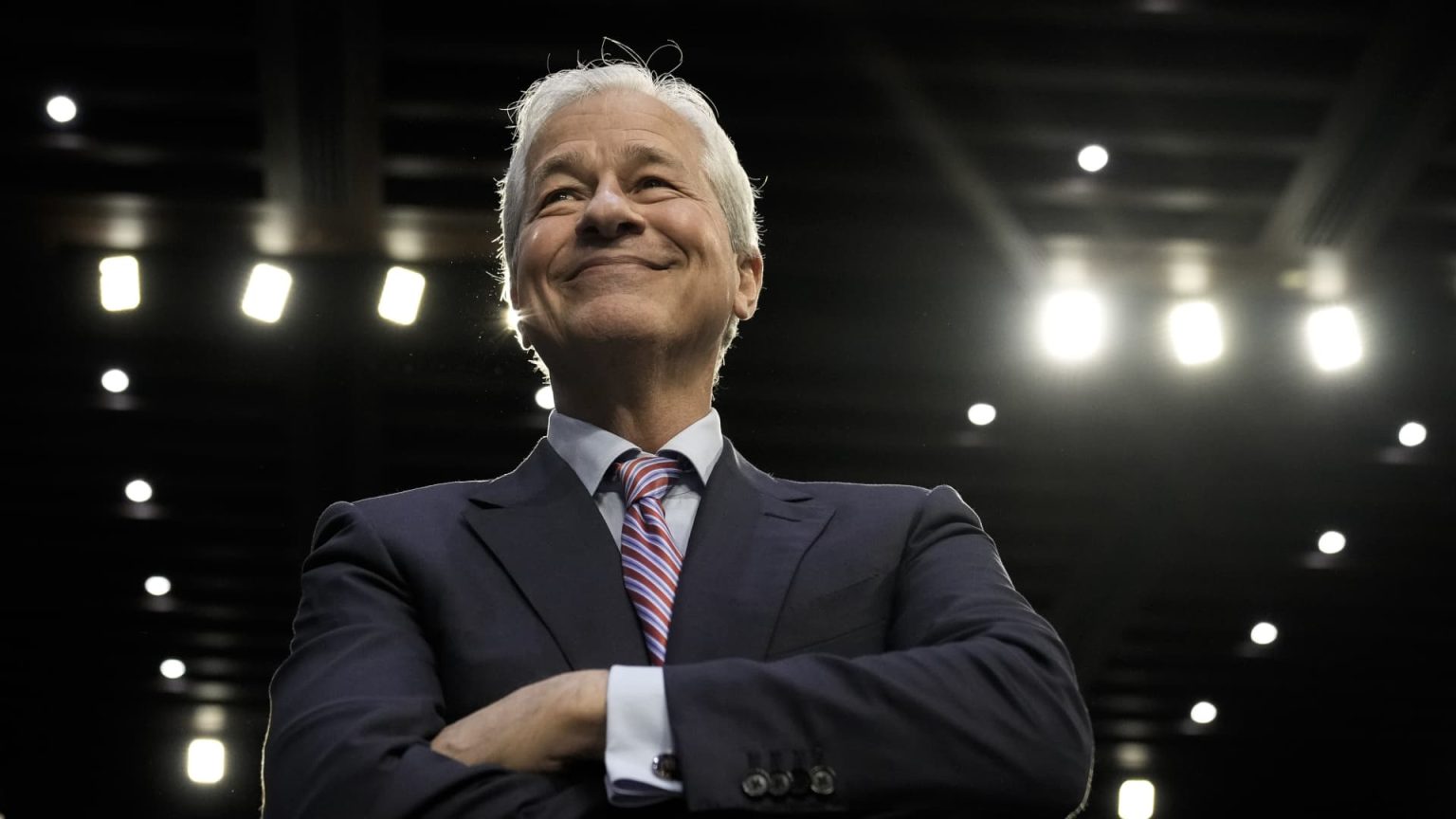Jamie Dimon, chairman and CEO of JPMorgan Chase, expressed concerns about the possibility of a “hard landing” for the U.S. economy during the JPMorgan Global China Summit in Shanghai. He acknowledged that historical evidence suggests that such a scenario is a possibility. Dimon also warned of a potential “stagflation” scenario, where inflation rises while economic growth slows, leading to decreased corporate profits and a challenging economic environment. Despite these concerns, Dimon noted that the consumer sector in the U.S. remains relatively strong, with low unemployment rates, wage increases, rising home prices, and stock market gains.
However, Dimon emphasized that consumer confidence may be impacted by concerns about inflation and the reduction of extra monetary support from Covid-related stimulus measures. He described the current economic situation as “normal” but noted that low consumer confidence may be due to inflationary pressures. The recently released minutes from the Fed’s May meeting revealed that policymakers are increasingly wary of inflation and hesitant to ease monetary policy or cut rates. Dimon suggested that interest rates may increase slightly due to the lingering effects of significant fiscal and monetary stimulus measures.
In terms of market expectations for rate cuts, Dimon cautioned that past predictions about inflation and interest rates have often been inaccurate. He emphasized the unpredictability of economic inflection points and questioned the reliability of current forecasts, noting that the implied curve used by JPMorgan to estimate interest rates may not be entirely accurate. While a portion of traders are anticipating a rate cut by September according to the CME FedWatch Tool, Dimon warned that the world may not be adequately prepared for higher inflation and suggested that market expectations are not always correct.
Dimon’s insights underscore the complexity and uncertainty surrounding the U.S. economy and the potential challenges posed by inflation and interest rate changes. While acknowledging the resilience of the consumer sector, Dimon also highlighted the need for vigilance and caution in interpreting economic data and market forecasts. As the Fed navigates the balancing act of managing inflation and supporting economic growth, Dimon’s perspective serves as a reminder of the importance of monitoring various factors and adapting to evolving economic conditions.


